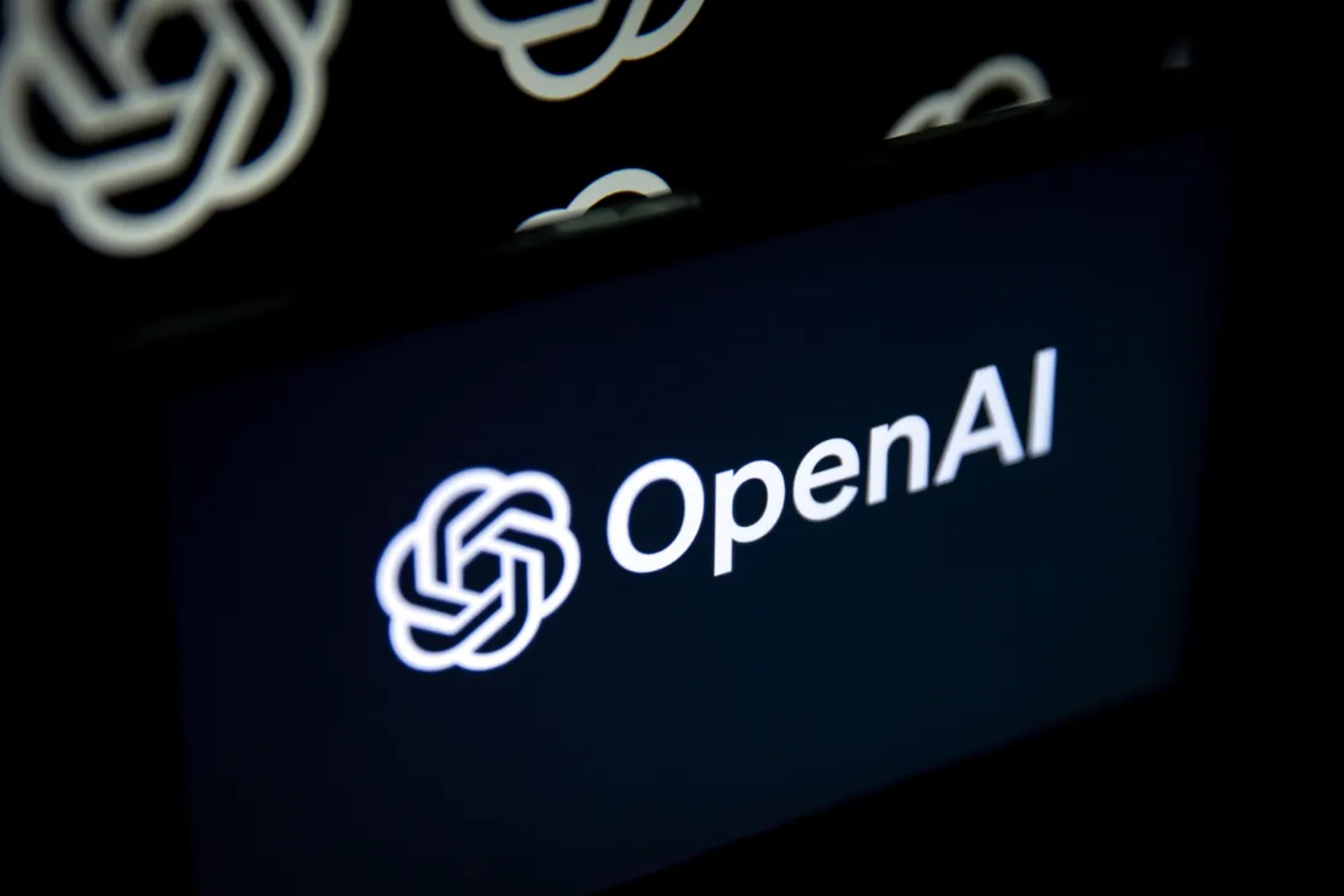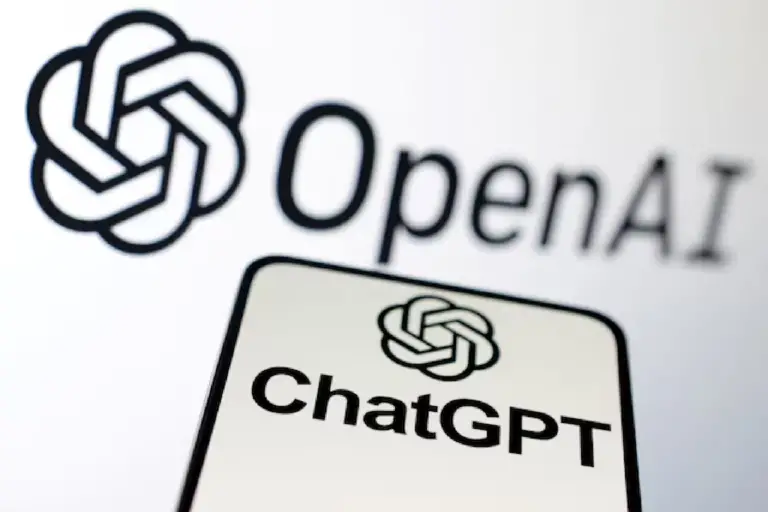
OpenAI’s Chai AI Unveils Powerful Chai-1 Model for Drug Discovery Breakthrough
Chai, an AI startup backed by OpenAI, has released Chai-1, a revolutionary AI model that claims to speed up drug discovery and do a better job than tools like AlphaFold.
Chai-1 the recently launched AI model by Chai, an OpenAI-backed AI startup, is all set to disrupt the process of drug discovery. AI can also help developers continue their work at a faster pace as the healthcare business progresses to the next phases.
It is worth pointing out that the helping of therapeutic techniques with the help of artificial intelligence is developing. Chai is one of the many promising brands with AI capabilities that OpenAI has invested a lot of money into, and which are connected to health innovation. Established by specialists with experience in OpenAI and Meta Laboratories, Chai is one of the leaders in the application of artificial intelligence for the discovery of drugs.
It recently received $30 million for better research and developing new AI models for the discovery of new drugs. This goal has now been taken to a new level with the launch of Chai-1 which gives scientists the world over superb tools.
To advance the medical and life sciences sectors by alleviating the time required to identify drugs, Chai-1 is the firm’s first open AI model. The fact that this AI tool can run tests for a lot less money is probably one of the great things about this function. This thus makes drug studies easily accessible and useful.
Therefore, Chai has made the Chai-1 approach open-source in an attempt to make the people of the world work together in harmony by giving them the code and tools for free. Since it is necessary for it to remain a source of both study and development, the model can only be utilized for non-commercial applications.
Chai-1 was released to the public domain on September 9, 2024, through a web interface that demonstrates what Chai-1 can do. In their words, the study team says that the AI model can predict the structures of biochemical molecules, a breakthrough that will assist researchers in developing drugs much sooner. When compared to other models, Chai-1 has outperformed Google DeepMind’s AlphaFold which is currently the most effective AI model for predicting the protein structures.
Such effectiveness clearly demonstrates that Chai-1 can become the starting point for a radical overhaul of the early phase of drug development. This should help in reducing the amount of time and effort taken in looking for new drugs in that it should be able to make accurate predictions given a rather limited input.
Key Features and Benefits of Chai-1
Enhancement in technology on Chai-1 enables it to operate on any material including proteins, DNA, RNA, and chemical interactions. One of the most amazing qualities of the system in the area of drug discovery is its ability to perform accurate tests even with little data.
Associated with the inputs, the AI model takes in raw genetic data, outcomes of experiments, and sequences of information. If Chai-1 is to be regularly accurate in the future, then Differential Sequence Alignments (MSAs), which have been a very relevant part of the traditional approaches to drug discovery might lose their relevance.
The most potent AI tool for predicting proteins at the moment is Google’s AI system called AlphaFold, the specialists claim. For example, that Chai-1 can do better than AlphaFold in several benchmarks indicates that the business may be shifting. As Chai-1 could perform well when it received very limited input, it could significantly expedite the first stages of the drug discovery process, which would make Chai-1 a useful tool for researchers using experimental drugs.
In the future, drug research will be more efficient, cost-effective, and convenient because of new developments in AI such as Chai-1. Providing scientists with a strong, open-source instrument, Chai builds the roadmap for the following generation of healthcare studies based upon AI.


